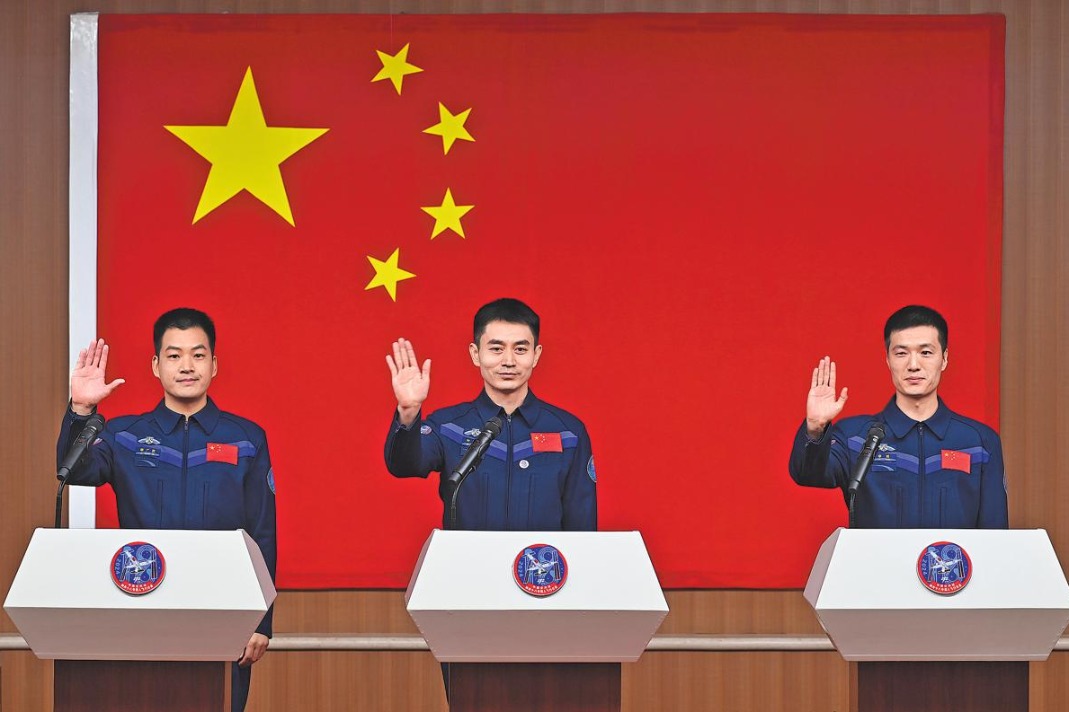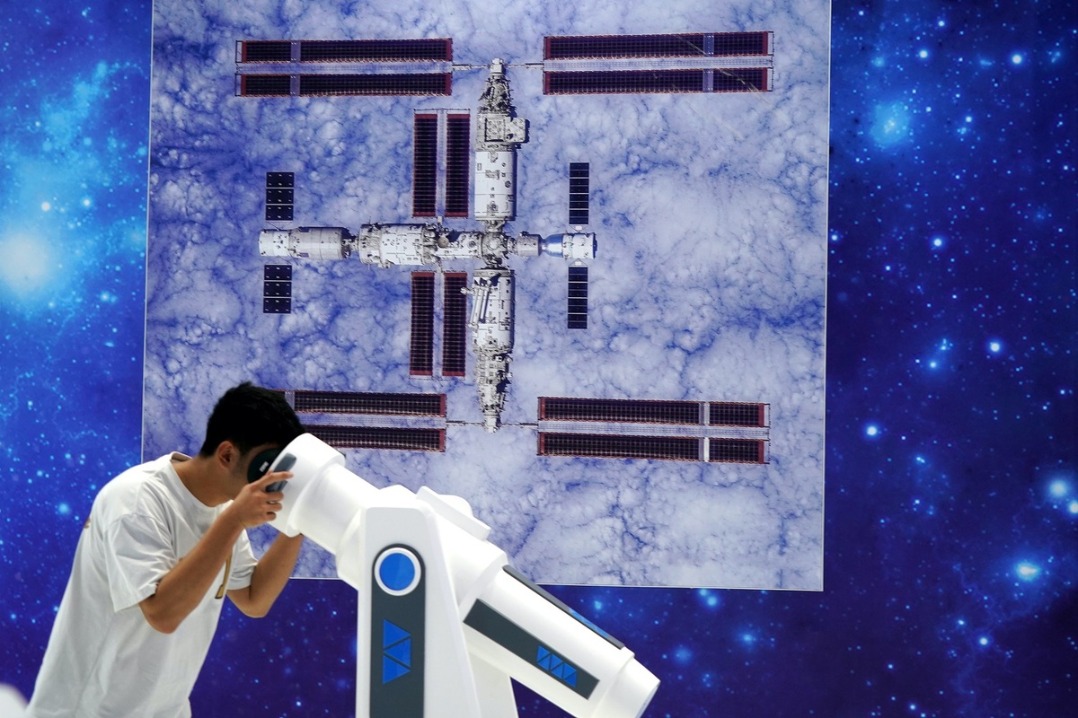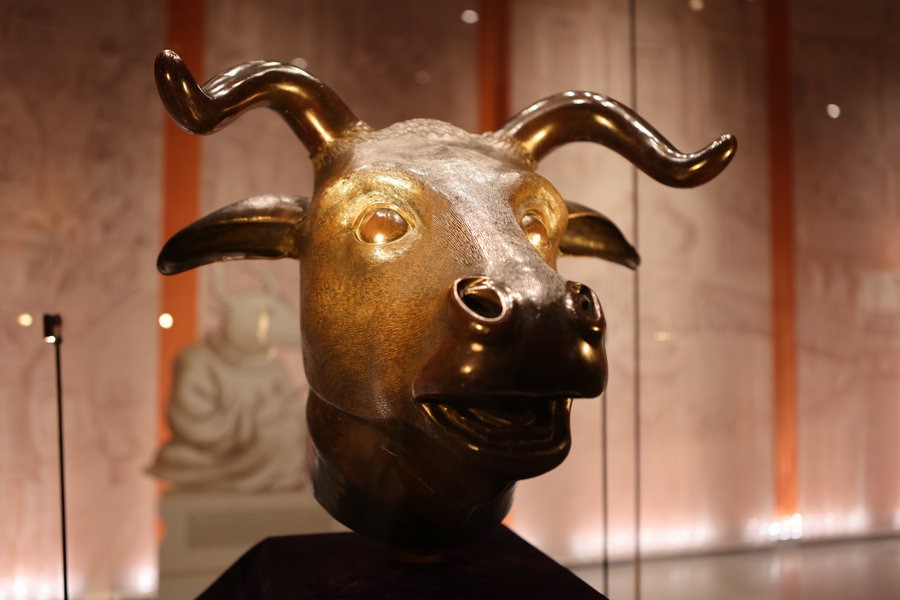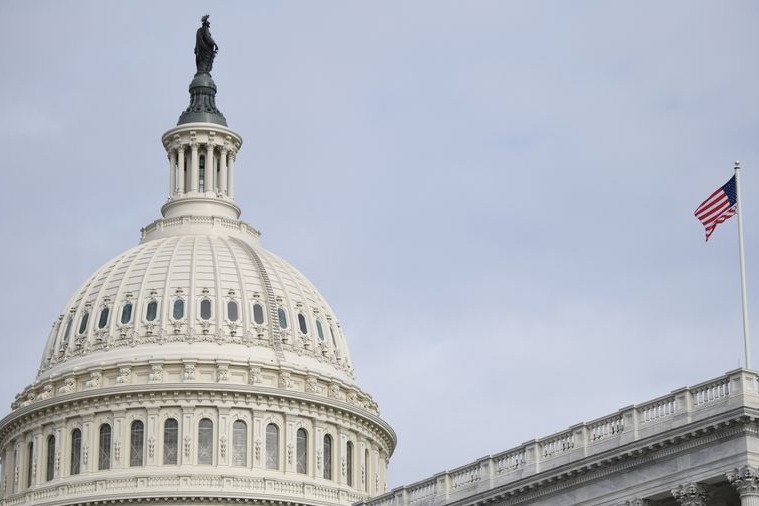Xi’s speech lays out positive vision

While the world was waiting and watching in anticipation of a possible “trade war” with the United States of America, President Xi Jinping’s keynote speech at the Boao Forum for Asia presented a tranquil China in an “open and innovative Asia” and in a truly global context. Instead of reacting with other forms of retaliation, current economic affairs were approached in a balanced attitude “with Chinese characteristics” that is becoming, in the “new era”, an affirmation of China’s confident position in the world economy. In this context, Xi positively addressed three other relevant issues: China’s historical logic, its present condition and a blueprint for a common future.
The historical logic presented in the speech enhanced China’s mission and the Chinese people as its driving force. As Xi Jinping stated, “There are certain historical occasions that empower us with the wisdom and strength to move forward.” The most important celebrated event in this respect, mentioned several times during the speech, is the 40 years of reform and opening-up policy resulting from the third plenary session of the 11th Communist Party of China Central Committee in 1978.
Complementing this is the 30-year anniversary of the establishment of Boao Forum host Hainan as a Special Economic Zone and province that, as mentioned by Xi, was born and flourished with the above policy. The transformative process of Hainan is thus symbolic of China’s current ambitions: “Just like the radiance of the sun is reflected by a drop of water, the development of a country may be epitomized by an individual region.”
A third “event” not mentioned in Xi Jinping’s address, though in many ways always present, is the 30–year anniversary of Deng Xiaoping’s Dec 21, 1988 speech entitled “A New International Order Should be Established With the Five Principles of Peaceful Coexistence as Norms”. The five principles of peaceful coexistence are central to understanding China’s political and diplomatic history and, alongside Deng Xiaoping’s policies, were mentioned strategically in the Boao Forum keynote. The similarities between the historical situations and the two speeches go even further into the present and future by proposing an alternative model in which peace, development and prosperity could overcome the dilemma between developed and developing countries. This element makes a strong connection between the past and the present of China’s current economics and politics.
The present condition, in Xi’s “new era” is one in which China, through initiatives such as the Belt and Road made with other developing countries, is aiming to secure a peaceful development that is mutually beneficial. This is certainly a most challenging task. To guarantee its success outcome it is thus necessary to keep opening up, through a commitment to reducing tariffs, broadening market access and expanding imports — “bringing in and going global” — but also proceeding with a safe, clean multilateral and multidimensional approach to globalization, respecting WTO’s rules and regulations. With this declaration of intent, China is also expecting developed countries to do their part in this process, creating a multidimensional approach to economic globalization.
Finally, and as a blueprint for the future, China takes on a new global model, which offers itself as an alternative not because it adopts different processes but because it is, in essence, divergent from the current one. Within this framework, it is crucial to understand the importance of the Boao economic forum in building “consensus in Asia” by “encouraging cooperation and “advancing the building of a community with a shared future” with “active discussions” as “valuable Boao Proposals”.
With this we return to Deng Xiaoping’s speech in 1988 and his cautionary warning that, if the model of development did not change, the expected “Asian century” would not come to existence. We need to understand this when Xi mentions the need to catch up with “the trend of the times” and defend global prosperity based on a cooperation model. For China, there is also an internal demand to move from quantity to quality and from manufacturing to innovation. The insistence on strengthening intellectual property rights protection and technological advancement cannot be ignored in this context. This, together with an effort to fulfil transnational norms and regulations and create a favorable environment for foreign investment, reaffirms an open, beautiful and prosperous China.
By standing firm, and “with the future in mind”, China will prove to be a crucial player in a redrawn global scenario. The US is now holding the banner of protectionism and isolation while China stands as a bastion for free trade and openness, striving to achieve a new global model where developed and developing countries assume responsibilities together, integrate their economies and pursue common, equal growth. What Xi has proven is that by pursuing an alternative to aggression in a “cold war mentality”, one could, as he stated, “dispel the clouds to see the sun”. By doing so, he has shown the world there is no better way to honor the legacy of China’s 40 years of reform and opening-up.
Carla De Utra Mendes has a Ph.D in global studies from the University of Saint Joseph in Macao and is currently based in London.


































